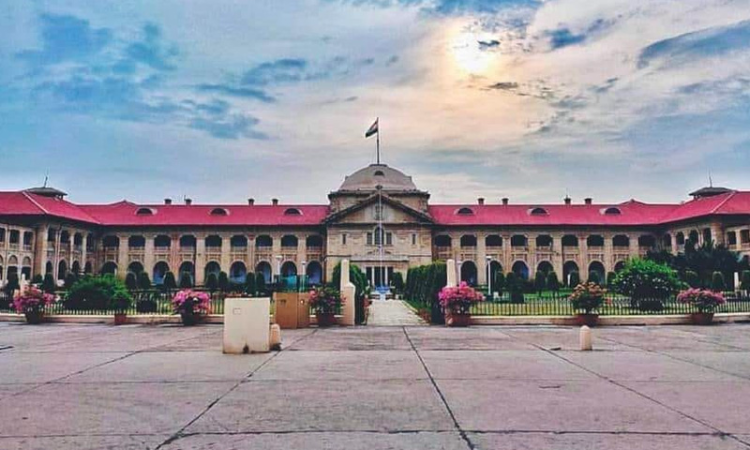The Allahabad High Court on Monday observed that non grant of anticipatory bail to an accused only on the ground that charge-sheet has been submitted by the Investigating Officer or cognizance has been taken by the Court against him under sec. 204 of Cr.P.C. without considering the prima facie veracity of the same, will "not be in the larger interest of justice."A single judge bench comprising...

